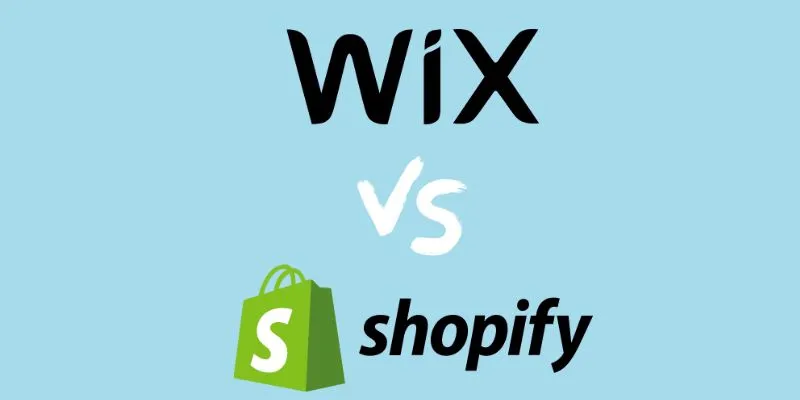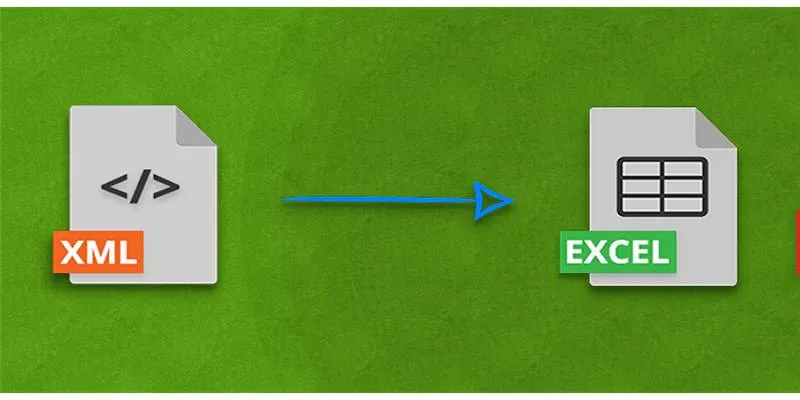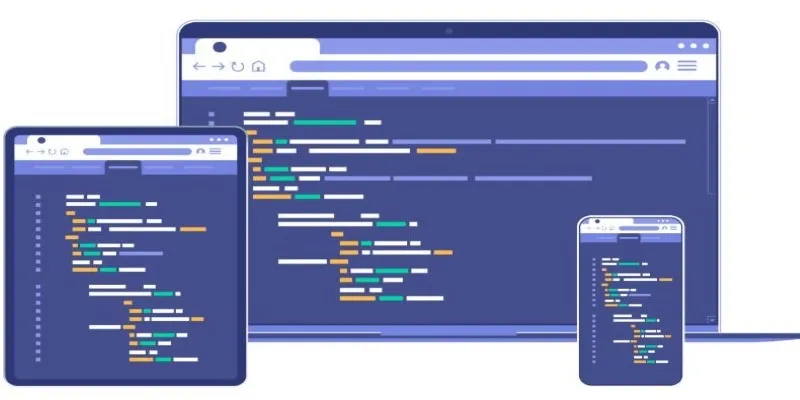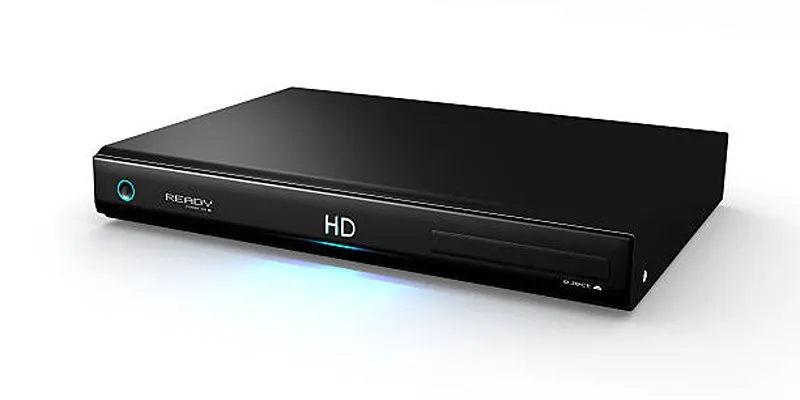Wix vs. Shopify: Which CMS is Better for Your Online Business?
Building a strong online presence begins with selecting the right CMS. While both Wix and Shopify are popular, they serve different purposes. Wix is perfect for small businesses or beginners, offering an easy-to-use platform for simple websites or blogs. On the other hand, Shopify is designed for e-commerce, providing robust tools for selling products online.
This guide will compare Wix and Shopify in terms of design, pricing, ease of use, e-commerce capabilities, and support. Whether you’re starting a blog, a company, or an online store, choosing the right platform is crucial. We will help you decide which one aligns with your goals, budget, and essential features.

Wix vs. Shopify: Key Features to Consider
By examining the primary differences between Wix and Shopify, we will guide you in choosing the best platform for your online business or website.
Website Design and Flexibility
Wix offers creative control with its drag-and-drop tools and hundreds of templates, making it ideal for beginners creating blogs or portfolios. Almost everything is customizable without needing code. Shopify, however, provides sleek, business-focused designs tailored for online retailers. While not as flexible, it allows some customization. Choose Wix for variety and Shopify for ready-to-use store designs optimized for product sales.
Ease of Use
Wix is extremely user-friendly for beginners with its straightforward interface and no coding requirements. Wix ADI helps create sites by asking a few questions. Shopify, although built for e-commerce, is also easy to use, but managing products, shipping, and payments may take additional time. For general websites, Wix is easier. As your business grows, Shopify becomes more intuitive for comprehensive online stores.
E-Commerce Tools
Shopify excels in online sales tools, handling inventory, taxes, discounts, shipping, and payment options effortlessly. It supports large product catalogs with advanced reporting and real-time updates. Wix offers basic selling capabilities suitable for small shops but lacks multi-channel support and advanced inventory tools. For serious sellers focused on e-commerce success, Shopify is the better option, while Wix caters to casual sellers.
Pricing and Plans
Wix starts with a free version that displays ads. Paid plans unlock e-commerce features, additional storage, and ad-free experiences, making it ideal for entrepreneurs. Shopify is pricier but offers advanced selling tools without ads, though transaction fees apply unless using Shopify Payments. Choose Wix for a small, budget-friendly site and Shopify for a serious investment in an e-commerce business. Select based on your business objectives.
App Market and Integrations
Wix offers hundreds of apps for appointments, chats, social media, and more, many of which are free or affordable. Shopify’s app store is larger and focused on enhancing sales tools, with apps for dropshipping, email marketing, shipping, and automation. Shopify apps facilitate easy store expansion, while Wix addresses broad website needs. Choose the platform that best supports your growth strategy.

SEO Features
Wix provides basic SEO tools like sitemap control, image tags, and meta titles, ideal for beginners. It includes guided checklists for optimizing search engine visibility. Shopify offers fast load speeds, customizable URLs, and mobile-optimized designs, enhancing search visibility. While both platforms offer SEO basics, Shopify provides more flexibility for stores, making it slightly better for SEO-focused businesses.
Customer Support
Wix offers email and chat support along with a comprehensive help center and tutorials. Although not always immediate, it is useful for general website inquiries. Shopify provides 24/7 support via email, phone, and live chat, with quick responses and expertise in e-commerce challenges. Additionally, Shopify has a large, active community forum for further assistance. For online stores needing fast, knowledgeable support, Shopify is the superior choice.
Mobile Responsiveness
Shopify sites are inherently mobile-friendly, offering a seamless shopping experience across various devices, crucial for mobile users. Wix allows mobile version customization, but adjustments are manual and time-consuming. Shopify simplifies mobile optimization, making it the best choice for a mobile-first approach aimed at higher conversions.
Security and Performance
Shopify ensures secure transactions with SSL-based top-level security and automatic updates, designed for safe online shopping. While Wix also offers SSL and reliable hosting, Shopify handles large traffic surges and seamless transactions better, optimized for stability and speed. For store operations, rely on Shopify’s performance. Wix is suitable for simpler websites with minimal security needs.
Wix vs Shopify: Which is the Best Choice for You?
Your needs will determine whether Wix or Shopify suits you best. Wix is ideal for beginners or small businesses seeking a straightforward platform, perfect for blogs, portfolios, and small websites. It offers basic drag-and-drop design features, making it affordable and adaptable for personal websites or small businesses.
Conversely, Shopify is designed for serious e-commerce, providing powerful tools for running online stores with advanced product management, payment processing, and shipping capabilities. If you need features like real-time inventory tracking, multi-channel selling, and in-depth analytics to grow your online store, Shopify is the recommended choice. Use Wix for small blogs or websites, and Shopify for a fully developed web store with high sales potential.
Conclusion
Both Wix and Shopify offer valuable features depending on your requirements. Wix is perfect for beginners and small websites, providing basic design tools and flexibility. In contrast, Shopify is the top choice for professional e-commerce businesses, offering robust support and advanced selling capabilities. Your project’s scale and budget will guide your decision. Choose Wix for personal websites and blogs, and Shopify for businesses seeking comprehensive e-commerce functions. Consider your objectives, budget, and desired site type to select the best CMS for your success.
Related Articles

The 10 Best Competitor Analysis Tools in 2025 to Level Up Your Strategy

The 8 Best Event Management Software Platforms to Simplify Your Planning

Convert XML to Excel Online – Easy & Quick Method (No Coding Required)

Base64 Encoding and Decoding Made Easy with Free Online Tools

The Beginner’s Guide to Changing WAV Files into MP3 Format

Top Dictation Software to Try in 2025 for Seamless Speech-to-Text Conversion

Top ActiveCampaign Alternatives to Try in 2025 for Smoother Workflows

Top Transcription Tools in 2025 That Get the Job Done

The Beginner’s Guide to Changing WAV Files into MP3 Format

Upgrade Your Email Experience: The 7 Best Email Clients for Windows

VS Code Online, Replit and More: Top IDEs to Code Directly in Your Browser

Building Flexible Online Tools: The Power of Responsive Design
Popular Articles

Master Blu-ray Playback: A Simple Guide to Playing Videos on Your Blu-ray Player

Step-by-Step Guide: How to Delete a Board in Trello and Explore Alternatives

The Best Project Management Tools for 2025: Trello, Asana, and More

Slack vs. Discord: Choosing the Right Tool for Your Workspace

Step-by-Step Guide to Creating and Presenting Slideshows on iPad

A Step-by-Step Guide to Creating a Split Screen Video with Movavi

Opera Unveils Browser Operator for Local, Private AI Web Automation

The 7 Best Client Management Apps in 2025 for Smoother Workflows and Happier Clients

A Guide to Converting and Editing Videos for Pocket PCs

6 Best Accounting Apps for Android to Simplify Your Finances

Top 7 Must-Have Plugins for Windows Movie Maker

 mww2
mww2